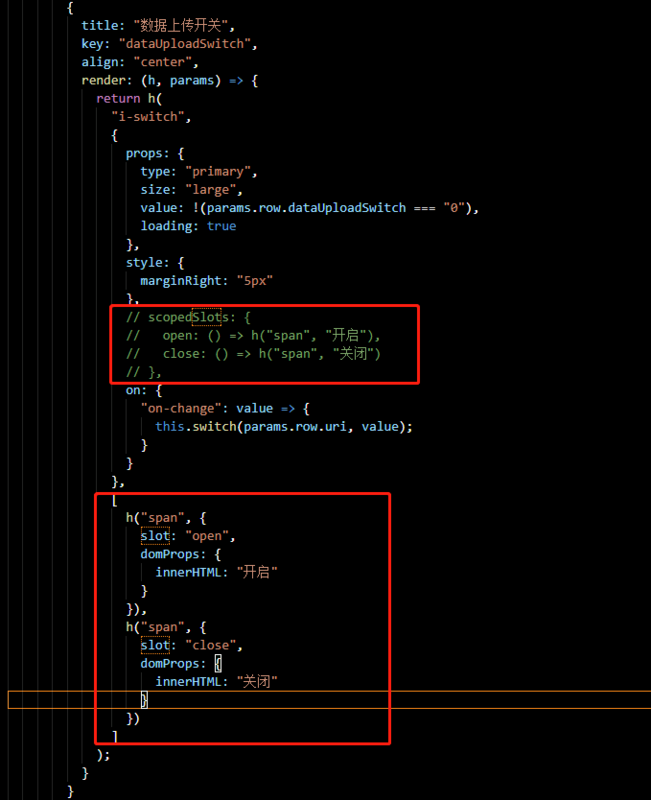Dart 编程中的 switch 语句
Switch 语句在我们希望基于特定条件运行特定代码的情况下帮助我们。确实,if-else 条件在同一段代码中也对我们有帮助,但是 switch 语句降低了程序的复杂性,因为如果条件检查密集,那么在 switch 的情况下我们最终会得到更少的代码。
语法
switch(case){ case x:
// 做点什么;
break;
case y:
// 做点什么;
break;
default:
// 做点什么;
}
示例
考虑下面显示的例子 -
void main() { var name = "rahul";
switch(name){
case "mukul":
print("it is mukul");
break;
case "rahul":
print("it is rahul");
break;
default:
print("sorry ! default case");
}
}
switch 关键字后面的括号包含了我们想要与 switch 代码块中的不同 case 匹配的变量,当它匹配特定 case 时,将执行写在该 case 代码块中的语句并且代码将从 switch case 中退出,因为我们在那里有一个 break 语句。
输出结果
it is rahul
应该注意的是,在每个 switch case 中都有必要使用 break 关键字,因为如果我们没有的话编译器会出错。
示例
考虑下面显示的例子 -
void main() { var name = "rahul";
switch(name){
case "mukul":
print("it is mukul");
case "rahul":
print("it is rahul");
break;
default:
print("sorry ! default case");
}
}
输出结果Error: Switch case may fall through to the next case.case "mukul":
^
Error: Compilation failed.
在大多数语言中,我们放置了 break 语句,以便我们可以跳到 下一个案例。我们也可以在 dart 中实现该场景。
示例
考虑下面显示的例子 -
void main() { var piece = 'knight';
switch(piece) {
case 'knight':
case 'bishop':
print('diagonal');
break;
}
}
输出结果diagonal
以上是 Dart 编程中的 switch 语句 的全部内容, 来源链接: utcz.com/z/360741.html







